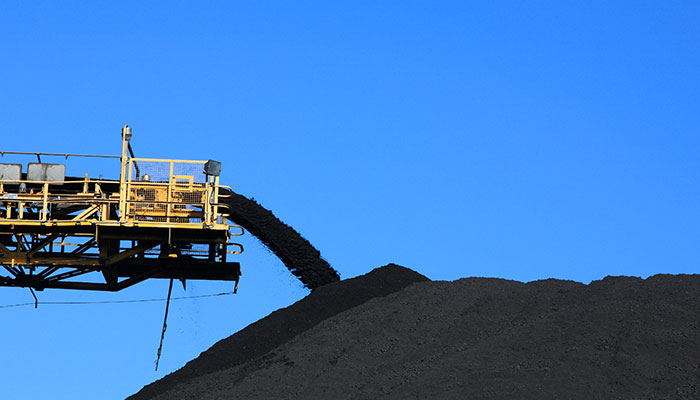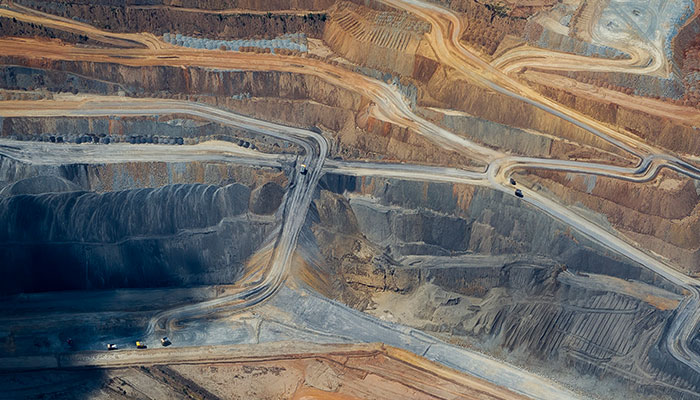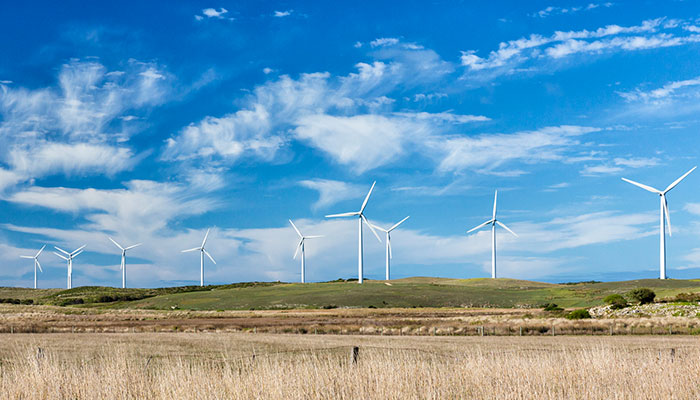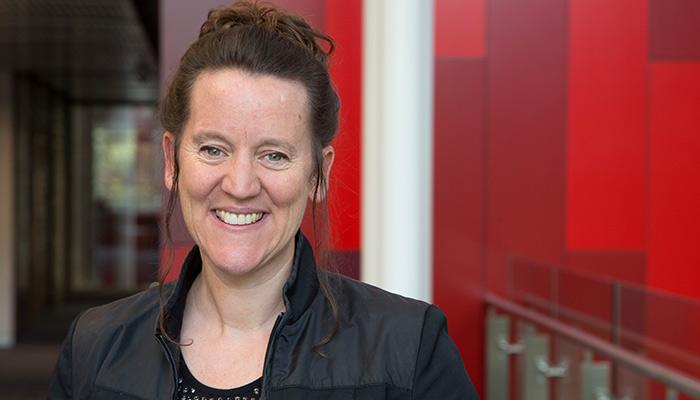What is it with Australia’s obsession with coal? Is it just about jobs? It sure isn’t about investment opportunities – as our Centre for Corporate Sustainability and Environmental Finance research shows, there are huge investment opportunities and gains to be had from cleantech and renewables.

Old energy: Australia is opening coal mines, while countries such as Germany are closing them down.
And yet, while the rest of the world is looking at transitioning away from fossil-fuels such as coal to renewables (Germany is in the process of closing down all its 84 coal-fired power plants), Australia is still opening new mines.
Take, for example, Yancoal Australia's planned expansion of the Cameby Downs thermal coal mine which has received approval for a significant expansion by the State Government.
And the controversial Adani Mining’s Carmichael thermal coal mine (a wholly-owned subsidiary of India’s Adani Group) in the north of the Galilee Basin in Central Queensland.
Despite national protests, led by former Senator Bob Brown, the controversial Adani mine received federal approval from Environment Minister Melissa Price for its groundwater management plan after strong pressure to sign off on the plan before the federal election. This mine is awaiting final state government approvals.
By focusing on coal, Australia risks missing out on these enormous economic opportunities.
One of the persistent arguments from those supporting the mine is that it will be good for the economy, creating jobs for people in north and central Queensland.
But what exactly is the business case for coal projects?
There is certainly still a role for coal in the current power mix, for now. However, our recent research, How markets will drive the transition to a low carbon economy, shows that the business case for new coal projects no longer exists – there is no clear benefit from both an environmental and economic perspective.
Adani's economic viability is an issue
Adani’s operations will require a significant amount of water – estimated to be at around 12.5 billion litres of water a year – or roughly 13 Olympic swimming pools per day. This is without a clear understanding of the environmental ramifications.

Roads well travelled: The business case for new coal projects no longer exists.
Adani is required to pay the Queensland Government about $20 million for its water licence, but there does not appear to be any plan in place as to if and how money will be reinvested in local communities.
The economic viability of the project is another issue, particularly given that numerous banks in Australia and overseas did not lend money to the project.
This is not just because of reputational issues, but also based on economic analysis.
Our research shows that savvy investors have clear incentives to invest into the transition to clean technology, and that investments in renewable energy are much more lucrative than investments in coal.
A clear business case for investment in renewables, not coal.
According to our estimates, the total global wealth creation by 2050 through the development of clean technology patents in areas such as bio-fuels, fuel cells, hydro energy, wind energy, solar energy, and geothermal energy is significant ($13.69 trillion to $20.87 trillion).

Winds of change: The transition to renewables is global.
By focusing on coal, Australia risks missing out on these enormous economic opportunities.
Furthermore, jobs in coal are not jobs for the future. Overseas countries are transitioning away from coal at a rapid pace. There is also a construction boom for large-scale renewable projects underway in Australia. For example, Westpac has joined the shift to 100 per cent renewables with a NSW solar farm. As our research indicates: “Markets will drive the transition to a low carbon economy.”
In Queensland alone, investment in clean technology is $10 billion and brings over 4500 jobs – many more than the anticipated Adani mine. This transition – rather than coal projects – should be supported.
Furthermore, jobs in coal are not jobs for the future. Overseas countries are transitioning away from coal at a rapid pace.
There is also no clear evidence how investments in related rail or port infrastructure for mining will benefit Australia in the long run. It is also unclear how Adani’s mining profits (which will mostly be privatised) will benefit the public.
- Car parks could be used as power plants in electric car future
- The wide and harmful reach of light pollution
Given the global transition to renewables, such investment is likely to become “stranded” – meaning that these are mining investments that will not serve an economic purpose in a clean technology economy. They will have to be written down eventually.
Future-looking investments include those into renewable infrastructure or hydrogen technology, not coal or coal rail lines.
There is much fearmongering that renewables are not feasible, reliable or will, for example, increase electricity prices. These fears are simply not founded in economic analysis.
Professor Martina Linnenluecke is the Head of Macquarie Business School's Centre for Corporate Sustainability and Environmental Finance.



